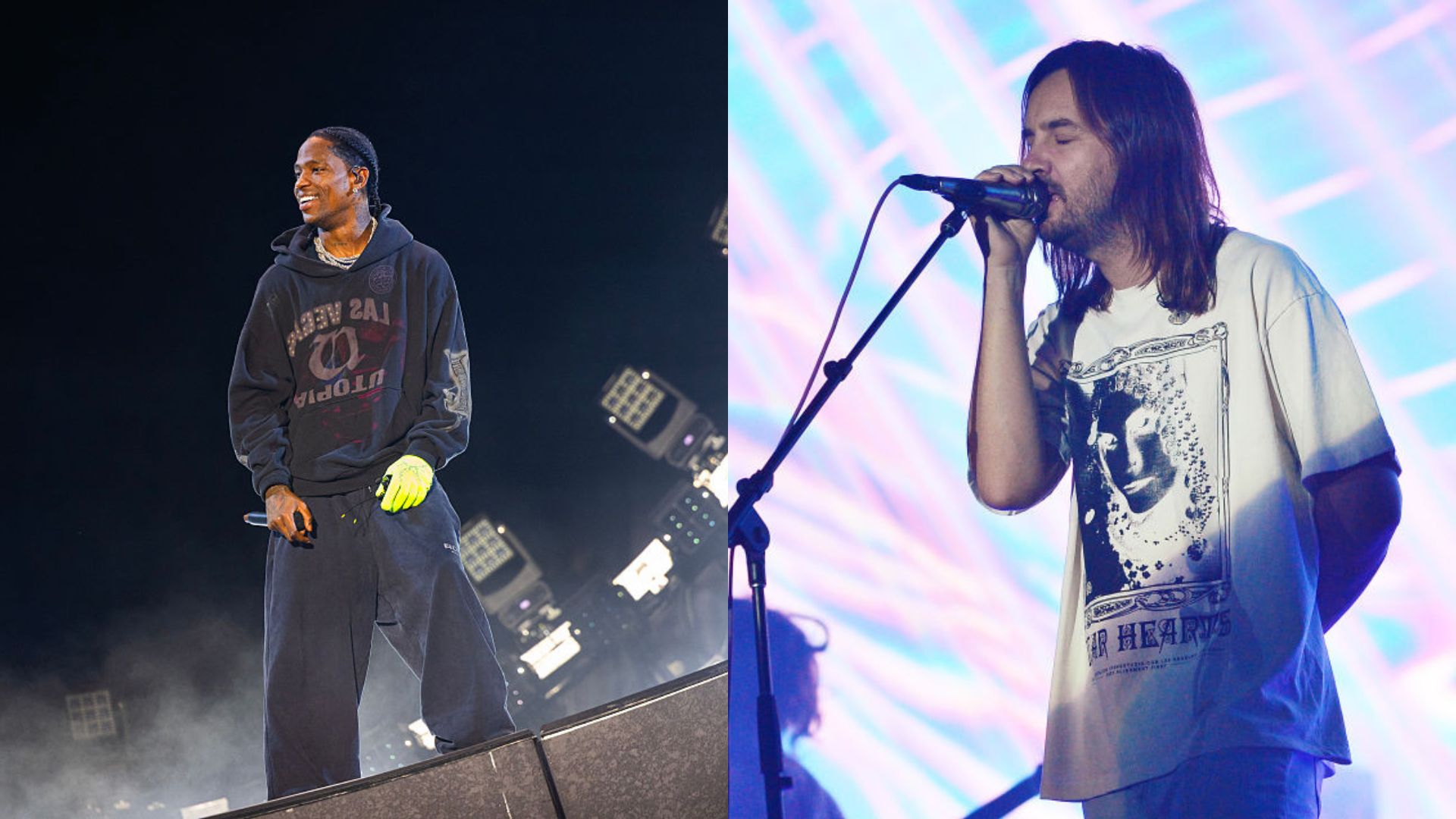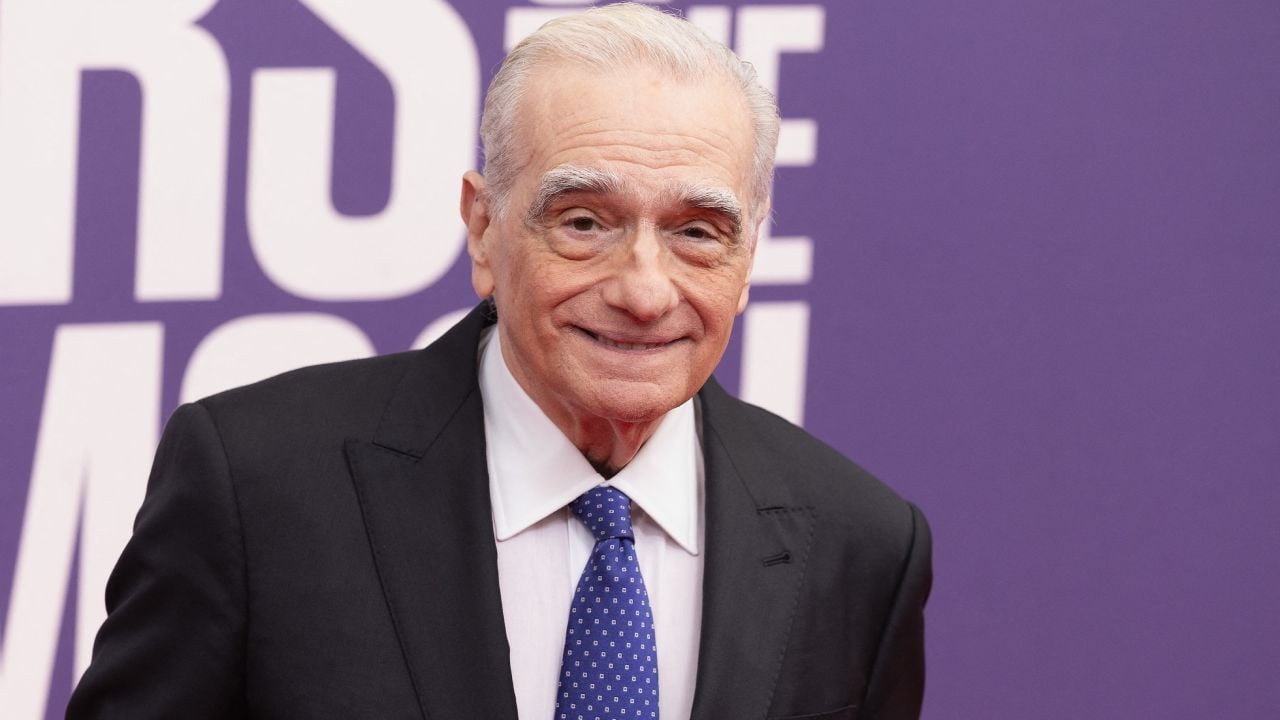The key is to ensure transparency. But who will decide what is and what is not fake news?
-
PARTICIPATING

Can social media regulation actually turn into censorship?
-
PARTICIPATING

Police dog finds drugs hidden in bar lamp inside SP
-
PARTICIPATING

Video: Tips to Become a Successful Influencer
The regulation of social networks proposed by President Lula has been the subject of intense debate in Brazil. There are several fears that this regulation could translate into censorship in practice. Here are some of the main dangers associated with this problem:
• Restriction on freedom of expression: There are concerns that regulation could limit citizens’ ability to freely express their opinions. This can happen if the rules are used to suppress speech critical of the government or authorities.
• Ambiguity of the rules: If the regulatory guidelines are not clear and precise, there may be an overly broad interpretation of the rules. This can lead to legitimate content being removed, just in case or due to misinterpretations by social media platforms.
• Concentrated power: The centralization of regulatory power in the hands of a few government agencies can lead to excessive control over what can and cannot be shared online. This can be used to manipulate public opinion and limit democratic debate.
• Self-censorshipFear of sanctions or retaliation may lead users and content creators to practice self-censorship, avoiding sharing information or opinions that could be interpreted as controversial or unfavorable to the government.
• Impact on social media platforms: Platforms may be forced to implement content monitoring and control measures that are invasive and may impact user privacy. Additionally, platforms may choose to remove more content than necessary to avoid legal issues, which impacts the diversity of information available.
• Dangerous precedent: Implementing excessive regulation could set a precedent for future governments to use the same laws for censorship purposes. The power to regulate the Internet could easily be abused by less democratic regimes, inspired by governments like Venezuela or North Korea.
• Economic effects: Technology companies and startups could be discouraged from operating in Brazil if the rules are seen as overly restrictive or unpredictable, which could impact innovation and economic growth in the digital sector.
Source: Terra
Ben Stock is a lifestyle journalist and author at Gossipify. He writes about topics such as health, wellness, travel, food and home decor. He provides practical advice and inspiration to improve well-being, keeps readers up to date with latest lifestyle news and trends, known for his engaging writing style, in-depth analysis and unique perspectives.






